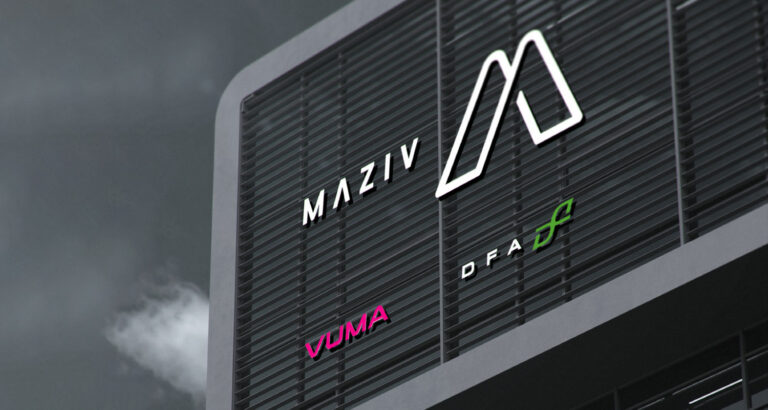adverts
Competition Tribunal hearings into the proposed merger between Vodacom and Maziv kicked off in Pretoria on Monday.
The Competition Commission was first to present, using the hearings to reiterate its view that the merger of Vodacom and fibre player Maziv will lead to less competition that will harm customers through higher prices.
Maziv is controlled by CIVH – which is, in turn, controlled by Remgro – and owns fibre telecommunications assets, including Vumatel and Dark Fibre Africa. Vodacom wants to acquire up to a 40% co-controlling stake in the business.
adverts
Setting out the Competition Commission’s heads of argument to the tribunal, Adv Daniel Berger said a merger between the two entities will lead to self-preferencing behaviour in the fibre market that will “marginalise” competitors.
“Access to affordable data is important for accessing information and participating in the economy. There may be local markets where consumers who had or could have had competitive markets will now have a monopolised market,” said Berger.
“The merger, if allowed, will fundamentally restructure the industry, aligning the interests of Maziv and Vodacom and opening up avenues for other service providers to be marginalised.”
Under the proposed terms of the merger, Vodacom will acquire a 30% stake in Maziv that will give the former joint control over the latter along with the power to veto any of the Maziv board’s decisions. It has an option to increase the stake to 40%.
Vodacom will not retain any of its fibre-to-the-home assets, which will be transferred to Vumatel, which is 100% owned by Maziv. Dark Fibre Africa, a wholesale fibre operator, will also be under Vodacom’s joint control post-merger.
The resulting vertical integration will allow Vodacom to offer “bundled” services that combine fixed-wireless access and home fibre in a way that might make it impossible for other market players to compete – a point that MTN legal representative, Adv Robin Pearse, also made.
“MTN is not determined to see a prohibition of the proposed merger, but consolidation requires close scrutiny to ensure there is no harm,” said Pearse. “Before entering an area such as, say, Orange Farm, the merged entity could use Vodacom’s subscriber base and data as a springboard from which to offer residents a bundled combination of immediate fixed-wireless access (at cost) to be followed in due course by faster and fuller fibre access.
Other than the overall question of whether the proposed merger should be allowed to go ahead or not, much of what will be deliberated by the Competition Tribunal over the next few weeks is the efficacy of a number of remedies that Vodacom and Maziv have proposed to implement to mitigate some of the adverse effects the merger could have on the market.
The commission and MTN differ sharply in their approach to the remedies Vodacom and Maziv put forward. The commission is of the view that the remedies will prove ineffective by virtue of being difficult to monitor or enforce, whereas MTN believes the deal would do less harm given a few adjustments to the terms.
Other industry stakeholders invited by the Competition Tribunal to give their perspective on the proposed deal include the department of trade, industry & competition, wireless access network service provider Rain and the Communication Workers Union. Once each party has given an overview by the end of the day on Monday, detailed arguments, along with testimony by expert witnesses, will be heard in the coming weeks.


